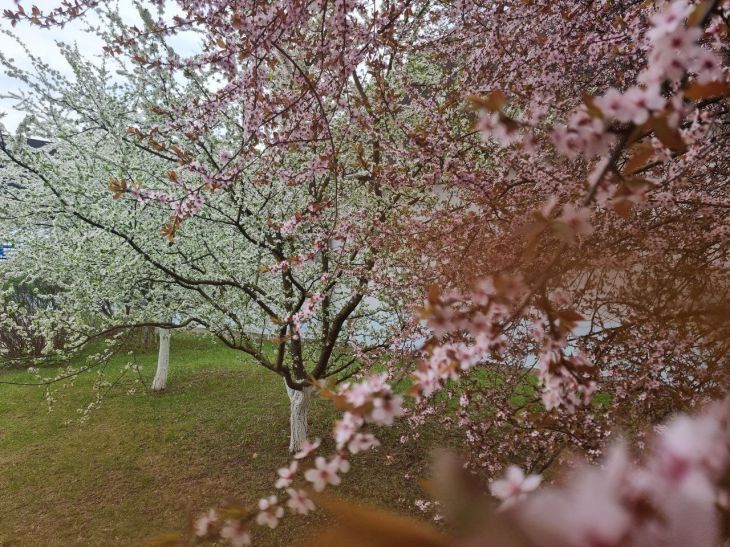People who are new to gardening often imagine that you can get the same exact harvest every year, but it's actually pretty far from reality.
It's not enough to just water an adult plant to get lots of fruits from it, because most plants are a bit more complicated.
Let's find out more about that.
Resource Management
Producing fruits takes a lot of energy and resources from the plant.
After a year of heavy fruiting, the plant needs time to recover and gather enough nutrients for the next round.

So, it might decide to take a break and not produce fruits the following year.
Environmental Factors
Weather and environmental conditions play a significant role.
If a plant goes through a stressful year with extreme temperatures, drought, or other challenging conditions, it might choose to skip fruiting the next year to conserve energy for survival.
Reproductive Strategy
Some plants have a reproductive strategy that involves producing a large number of fruits in one year to ensure the survival of their species.
This strategy helps them maximize their chances of spreading seeds and growing new plants.
Pollination Challenges
For some plants, successful fruiting depends on effective pollination.
If there's a lack of pollinators or if pollination conditions are not optimal, the plant might not produce fruits that year.
Genetic Factors
The plant's genetics also play a role. Certain varieties or species naturally follow a pattern of bearing fruits biennially or irregularly.












